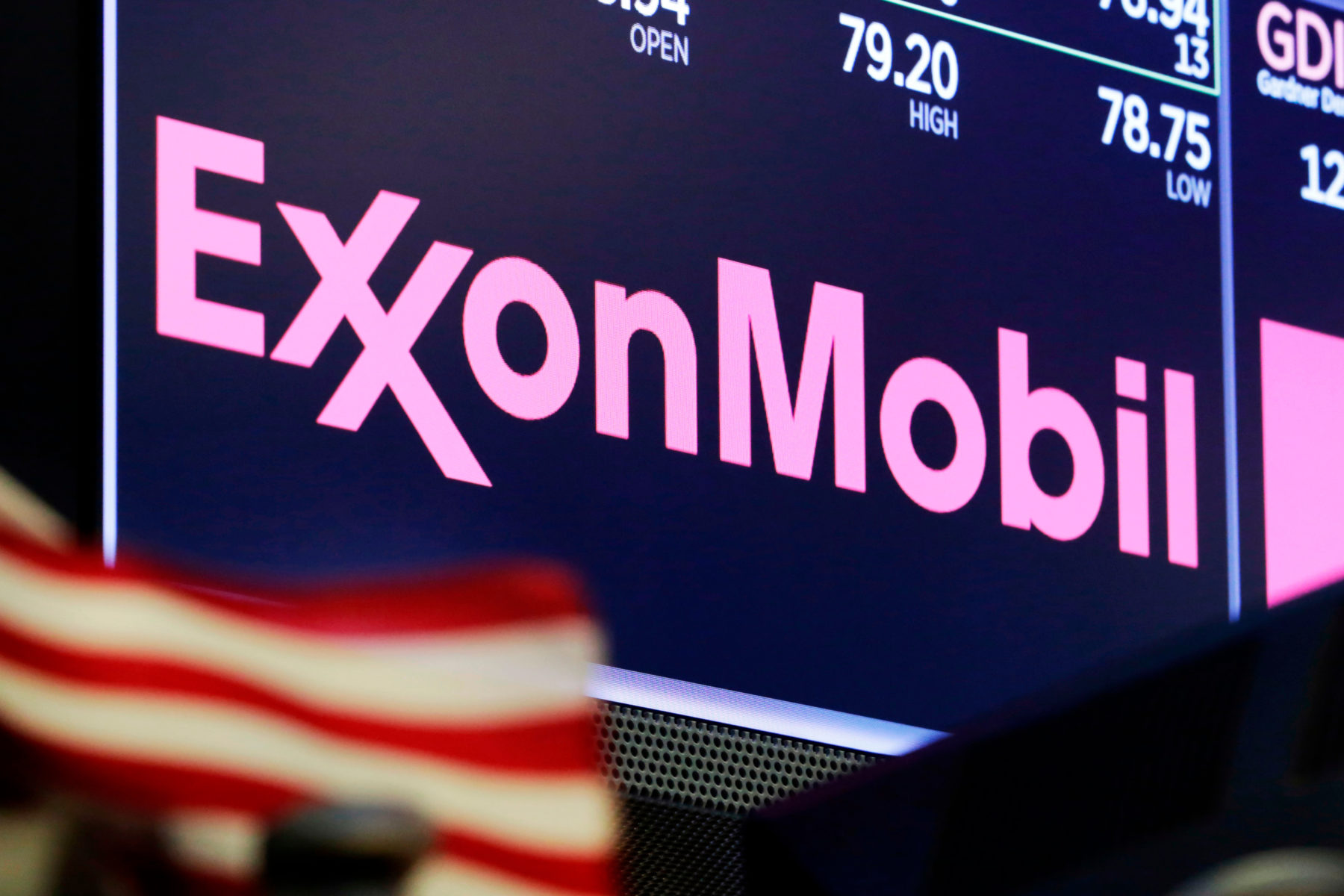
Feigning Shock Over Lobbyist Comments, ExxonMobil Continues Funding Climate Denial Groups
ExxonMobil CEO and chairman Darren Woods said yesterday he was “shocked” that one of the company’s lobbyists was caught in a Greenpeace sting video saying that the company is being disingenuous when it publicly claims to support policies like a carbon tax to address climate change.
But the company funds multiple organizations that sow doubt about climate science and fight against policies that could prevent worst-case scenarios from coming to fruition and causing millions of people and other animals to die from climate change-fueled disasters.
ExxonMobil’s most recent worldwide giving report, covering 2019, shows it funds multiple climate denial groups.
For example, it donated to Stanford University’s Hoover Institution, which that year published a journal article from senior fellow Richard A. Epstein titled “A Climate Change Emergency?,” arguing that “there is today no compelling evidence of an impending climate emergency.” Epstein’s article prominently references a group letter from Dutch climate science denial group Climate Intelligence Information that was spearheaded by Guus Berkhout, a former Royal Dutch Shell engineer. Berkhout founded Delphi Consortium, which is a partnership between fossil fuel companies and scientists to develop new geo-imaging technologies for oil exploration. Another Hoover fellow, Niall Ferguson, wrote a Boston Globe op-ed that year titled, “Beware Greta Thunberg’s science fiction — the end of the world is not nigh.”
The Hoover Institution has received funding from conservative forces including the Sarah Scaife Foundation, the Lynde and Harry Bradley Foundation, and the Charles G. Koch Charitable Foundation. Its affiliation with Stanford gives it reputational clout and its fellows are often invited to give testimony to congressional committees on climate change and other issues.
ExxonMobil’s donations to the Hoover Institution total at least $335,000, according to DeSmog.
ExxonMobil also donated in 2019 to the Manhattan Institute for Policy Research, a conservative think tank that has repeatedly published articles arguing that climate science is uncertain. One Manhattan Institute fellow, Oren Cass, authored a Wall Street Journal op-ed titled “Doomsday Climate Scenarios Are a Joke” that argues that government climate scientists’ projections are too bleak because they don’t appropriately factor in that people will adapt.
In an “environmental myths” series, Manhattan Institute former senior fellow Max Schultz argued that climate science is highly uncertain. “To what degree are human-induced greenhouse gases responsible for warming the atmosphere? The answer is unclear,” wrote Schultz. “Despite the certitude with which the media and politicians treat the issue, the science remains muddled.” According to his LinkedIn profile, Schultz now works as a speechwriter and senior communications executive for ExxonMobil.
DeSmog has identified ExxonMobil’s donations to Manhattan Institute totalling at least $1 million.
The D.C.-based American Enterprise Institute also got a general support donation from ExxonMobil in 2019. According to The Guardian, the think tank offered researchers $10,000 for papers that attacked the United Nations Intergovernmental Panel on Climate Change’s Fourth Assessment Report, issued in 2007, that concluded that “most of the observed increase in global average temperatures since the mid-20th century is very likely due to the observed increase in anthropogenic greenhouse gas concentrations.” Since then, the group’s fellows have published many articles cautioning against overly-aggressive climate change responses. In June, AEI’s senior energy and environment fellow Benjamin Zycher wrote in National Affairs: “Anthropogenic warming is ‘real’ in the sense that increasing atmospheric concentrations of greenhouse gases are having detectable effects. The difficult issues are whether those effects are large or small, whether the resulting changes are adverse or beneficial on net (only extremists deny that there are some benefits to warming), and the degree to which natural variations are also contributing to climate change.”
The company also continues to fund lobbying groups like the American Petroleum Institute and the U.S. Chamber of Commerce that work directly with lawmakers and regulators to prevent climate policies that would be bad for their members’ bottom lines. A recent report from the Brown University Climate and Development Lab based on internal documents concluded that the Chamber has been “a central actor in the national and global countermovement against ambitious action on climate change.” French oil major Total recently pulled out from the American Petroleum Institute because of the group’s lobbying against methane regulations, electric vehicle subsidies, and other matters.
